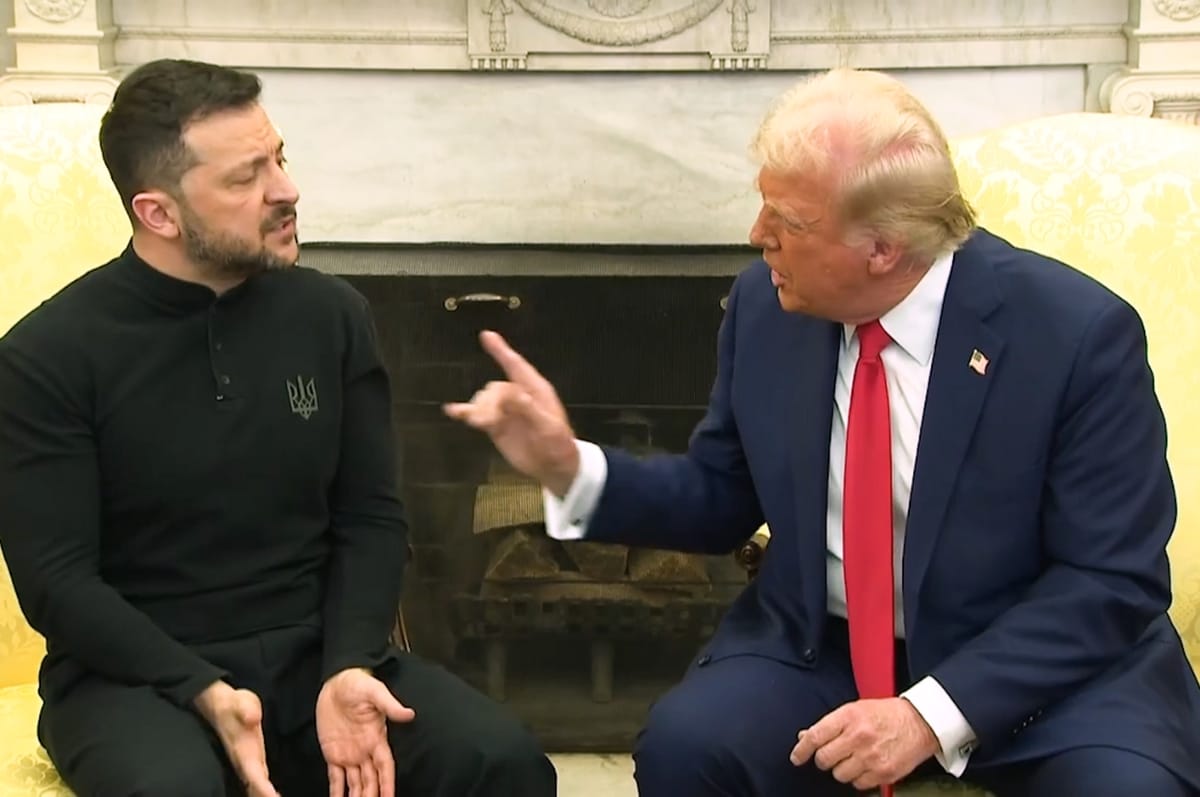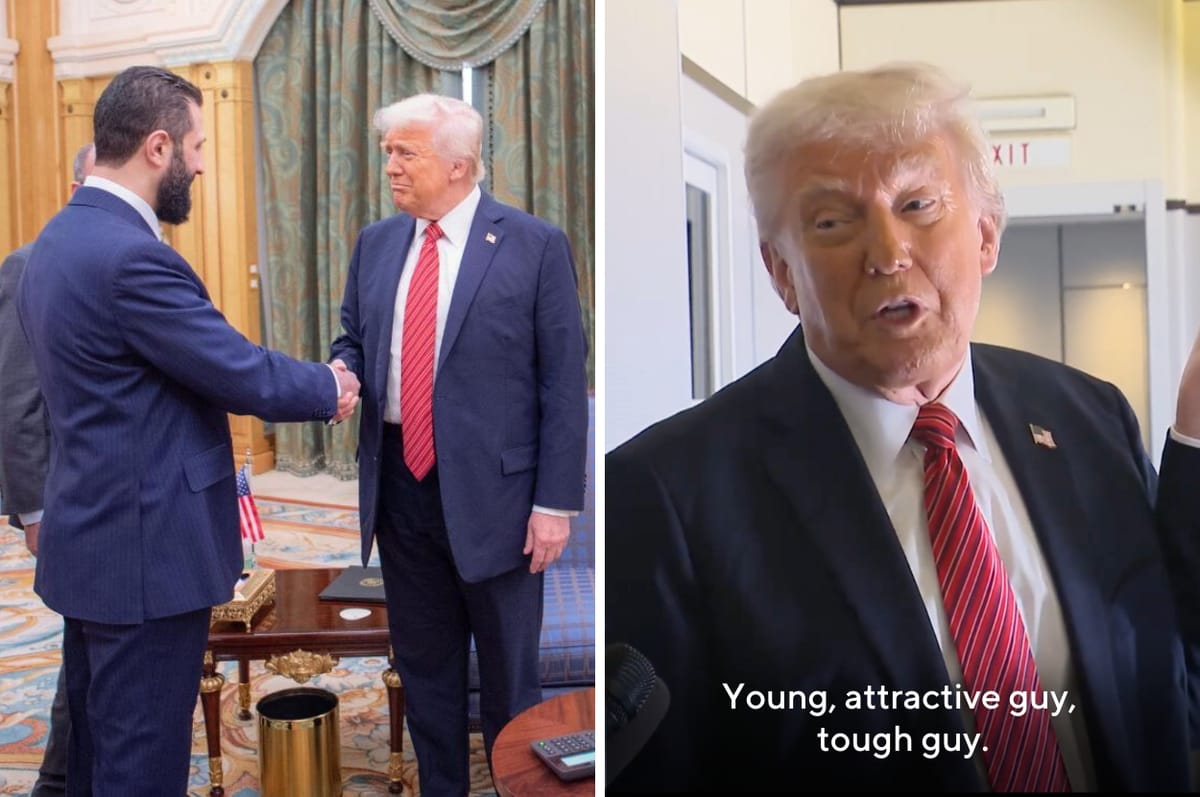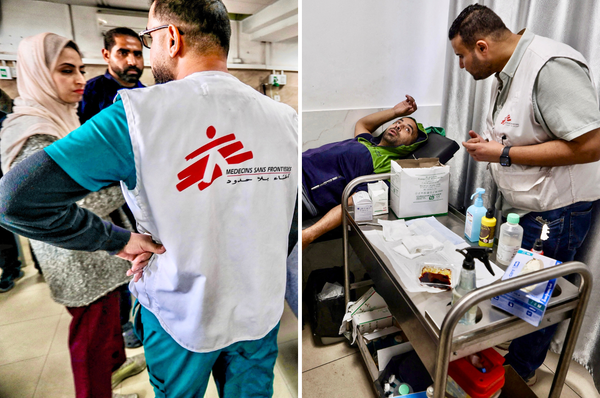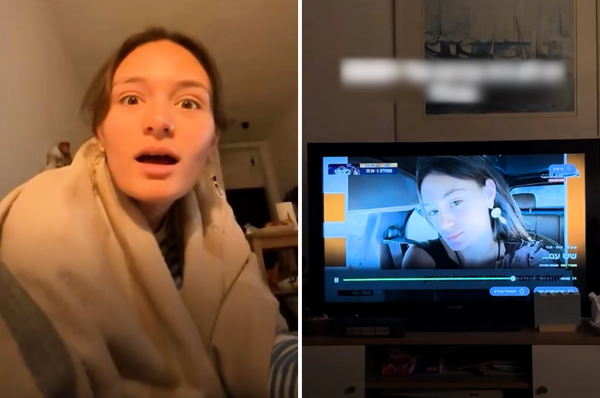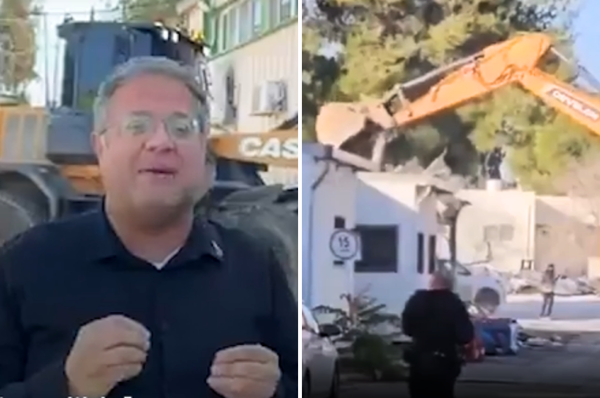Trump Met With South Africa's President And Then Falsely Accused Him Of Permitting "White Genocide"
Multiple independent fact checks and official data have confirmed that Trump’s claims are factually inaccurate, with no evidence of a genocide or systematic killing of white farmers in South Africa.
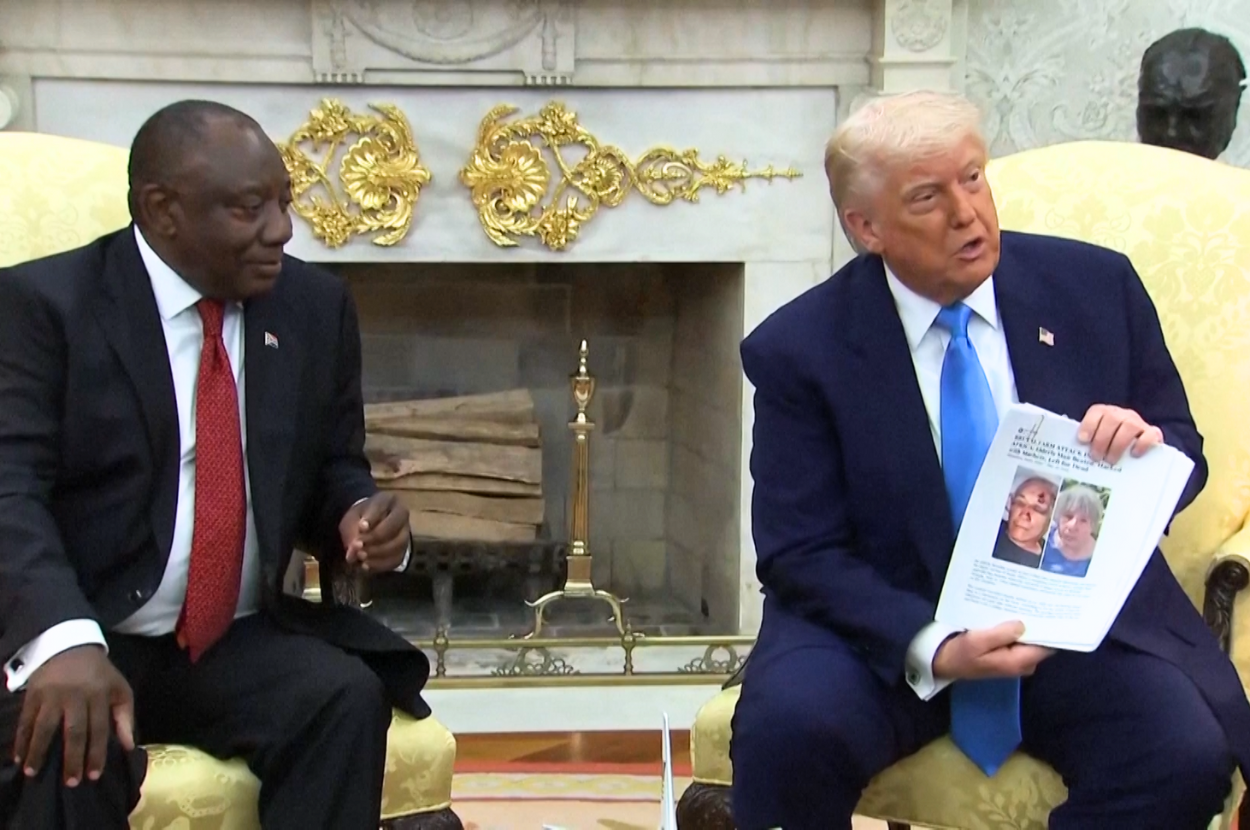
US President Donald Trump falsely accused South Africa’s President Cyril Ramaphosa of facilitating “white genocide” in the country.
During a meeting in the White House on Wednesday, May 21, Trump accused Ramaphosa of presiding over the systematic persecution and genocide of white farmers in South Africa and presented videos, images and news articles, which he claimed documented widespread violence and land seizures targeting white people, who are the minority in South Africa.
White South Africans make up about 7% of South Africa’s population but own more than 70% of the land and have the majority of top management positions.
Multiple independent fact checks and official data have confirmed that Trump’s claims are factually inaccurate, with no evidence of a genocide or systematic killing of white farmers in South Africa.
Trump showed a printed article featuring an image, claiming it was mass burials of white farmers in South Africa, but in fact the actual footage was from the Democratic Republic of Congo, where humanitarian workers were carrying body bags after violent clashes, according to Reuters.
He also played two videos, one showing a long line of white crosses along a roadside, which he described as burial sites for over 1,000white farmers, and the other showing an a South African opposition figure, Julius Malema, leader of a radical leftist party the Economic Freedom Fighters, which advocates for land redistribution, singing the anti-apartheid song “Kill the Boer”, meaning “kill the farmer” at a rally.
However, the first video was from a protest memorial held in 2020 after the murder of a white farmer couple and meant to symbolize all victims of farm murders over the years.
Ramaphosa rejected Trump’s claims, clarifying that Black South Africans are statistically more likely to be victims of violence and that the government does not condone or promote attacks on white farmers, adding that the actions of a small party don’t reflect official government policy and that South Africa’s constitution protects freedom of speech.
You Might Also Be Interested In
